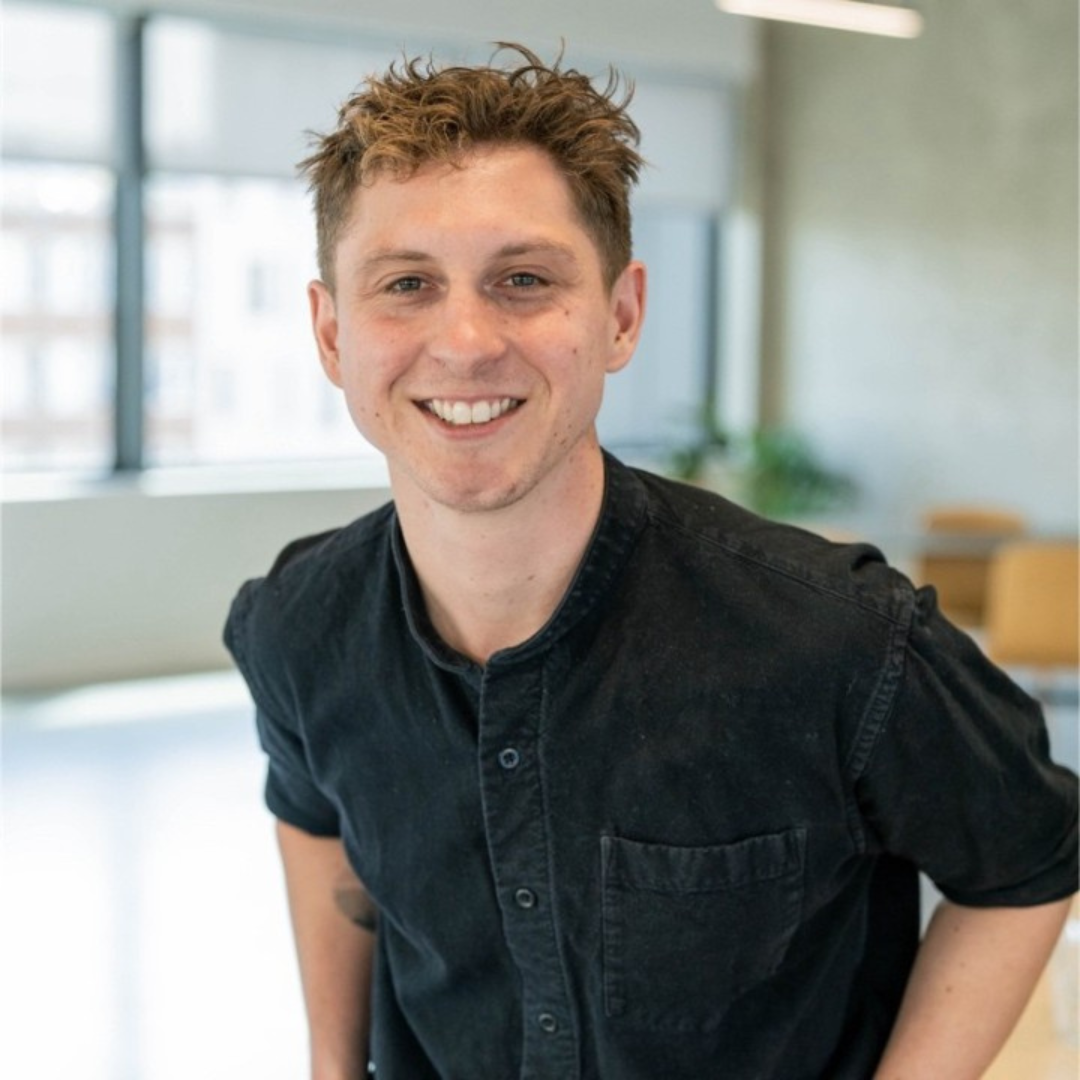Alumni Spotlight: Sean Hayes - MSc Psychology: Mental Health Sciences 2022
Hear from Sean Hayes, a MSc Psychology: Mental Health Sciences graduate about his background in engineering, why he made the change to Psychology and how the cutting-edge research at Queen Mary influenced his career-path.

What inspired you to study the Psychology MSc at Queen Mary?
I have always been passionate about psychology and neuroscience from a young age, but my career did not start in the field. Before completing my Psychology: Mental Health Sciences MSc degree at Queen Mary, I studied Industrial Operations Engineering and Computer Science at University of Michigan, Ann Arbor – an engineering degree focused on optimizing systems.
However, after working in the consulting world for 4 years and having read personal development books throughout my life focused around psychology and neuroscience, it was clear that the only system I truly cared about optimising was my own. I was inspired to study psychology to learn as much as I possibly could about how to improve mental health, maximise wellbeing, and understand our own ‘system’ as human beings.
.png)
How did your time at Queen Mary help shape your career path up to this point?
Queen Mary was hugely influential in shaping my career path. I was, and still am, completely fascinated by the subject of my master’s dissertation, brainwave synchronization and eye contact.
During my time at Queen Mary, my supervisor, Dr. Caroline Di Bernardi Luft, was actually the person to discover that our brainwaves synchronize during eye contact in real life (Luft et al., 2022). My master’s dissertation was focused on how trust and feelings of connection influenced this brainwave synchronization, as synchronized brainwaves are also generally correlated with feelings of connection.
It was clear to me at that time that the lack of eye contact that we all experience on video calls likely reduces brainwave synchronization, and therefore could be major reason why people feel disconnected on video calls.
After thoroughly reading through the interbrain synchronization psychological research, and being in a long-distance relationship at the time, I ended up building a device that enables people to make eye contact with each other over video calls that feels similar to face-to-face, the More Connection Cam – launching on Kickstarter later this year.
.png)
Can you share a memorable experience from your time at Queen Mary?
Being able to work with my former supervisor Dr. Luft as part of a research team alongside other MSc students conducting groundbreaking Electroencephalogram (EEG) Hyperscanning cognitive neuroscience research set a spark in me to continue researching brainwave synchronization.
Following my time at Queen Mary, I was able to be an independent collaborator on another academic study with Dr. Luft where we analyzed if there was brainwave synchronization when people made “eye contact on a video call” with each other using prototype More Connection Cams. Not only was this incredibly valuable from a product testing perspective, but also has led to several novel scientific discoveries. This work is currently being written up to be submitted to academic journals in the coming months.
.png)
What was your favourite thing about Queen Mary?
My favorite thing about Queen Mary has to be the people I met there. I am still friends with many people from my Psychology MSc program, and am currently continuing psychological research with particular focus on understanding how my product can improve online connections in mental health settings in collaboration with Dr. Luft, my former supervisor from QM. The people I have met a Queen Mary have truly been awe-inspiring, and it never ceases to amaze me how intelligent and thoughtful my friends and colleagues from Queen Mary are and continue to be.
What advice would you give to prospective students considering studying at Queen Mary?
I’d say go for it! Queen Mary is a great environment to learn and grow and you never know, someone who you meet there might influence your life in a way that you could’ve never imagined. Find a subject that you are legitimately passionate about, for me it was psychology and neuroscience, and go all in. Learn all that you can learn about that topic and take part in school orgs centered around that topic – I was part of PROJECT: TALK while I was a student. Your time at university is your time to expand your knowledge in the topic of your choice with world-leading academics in their field, so take the leap!